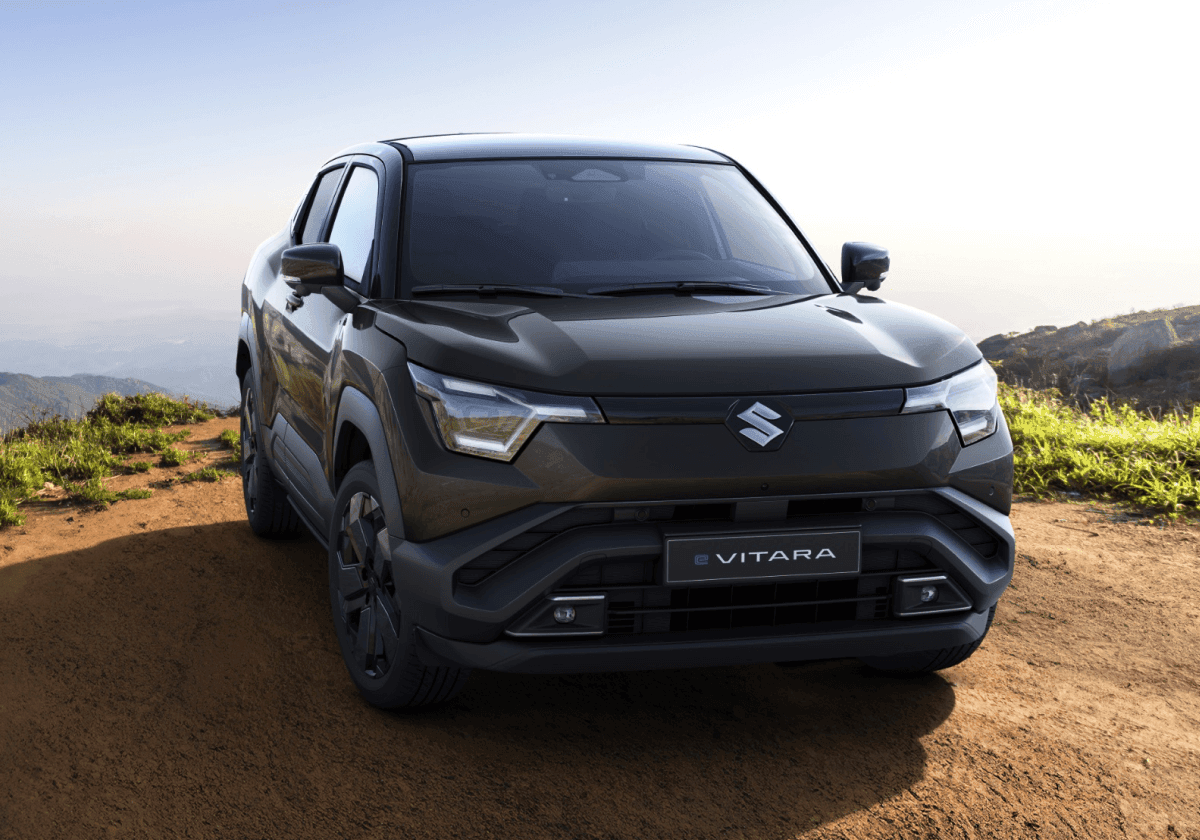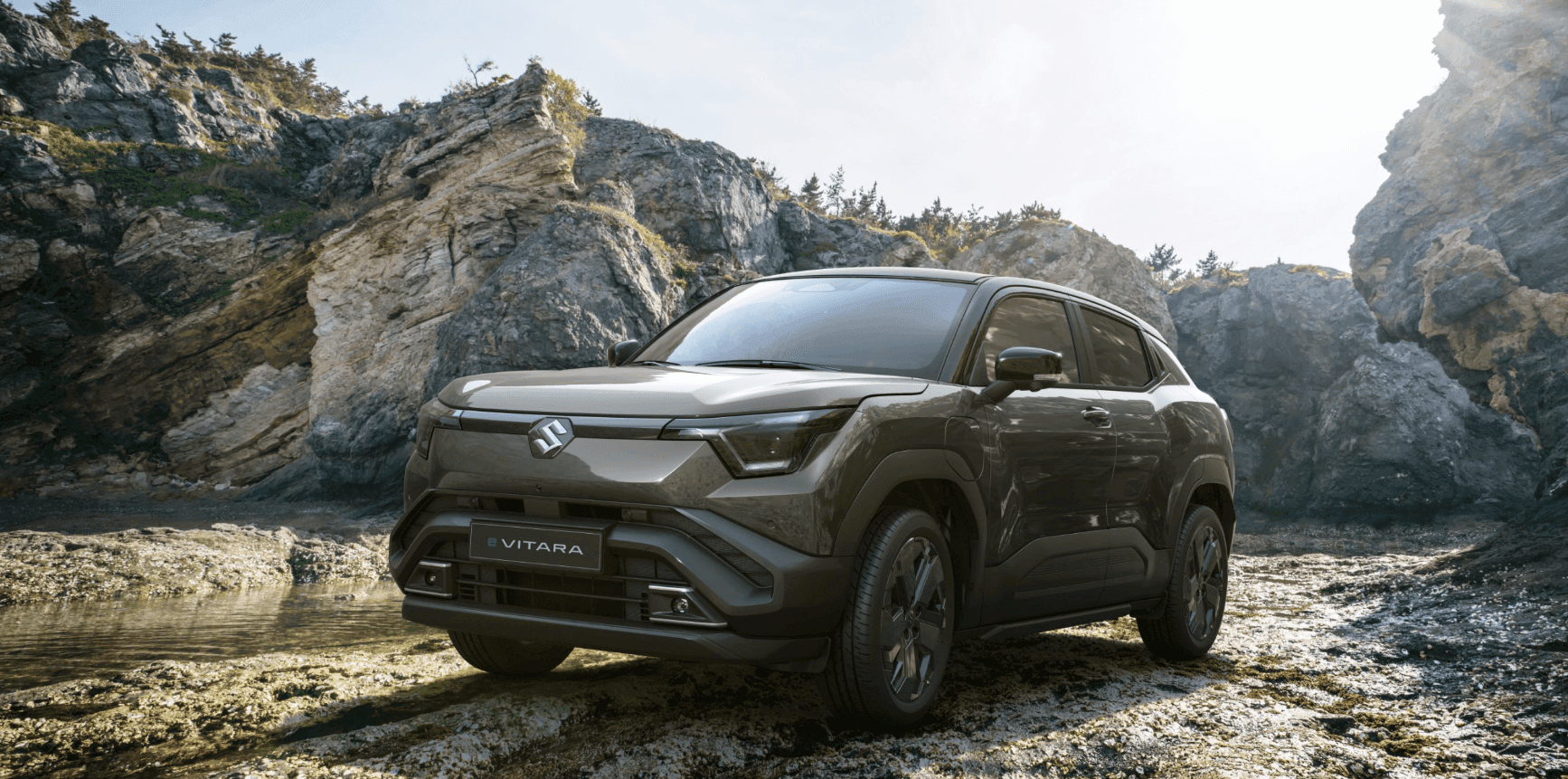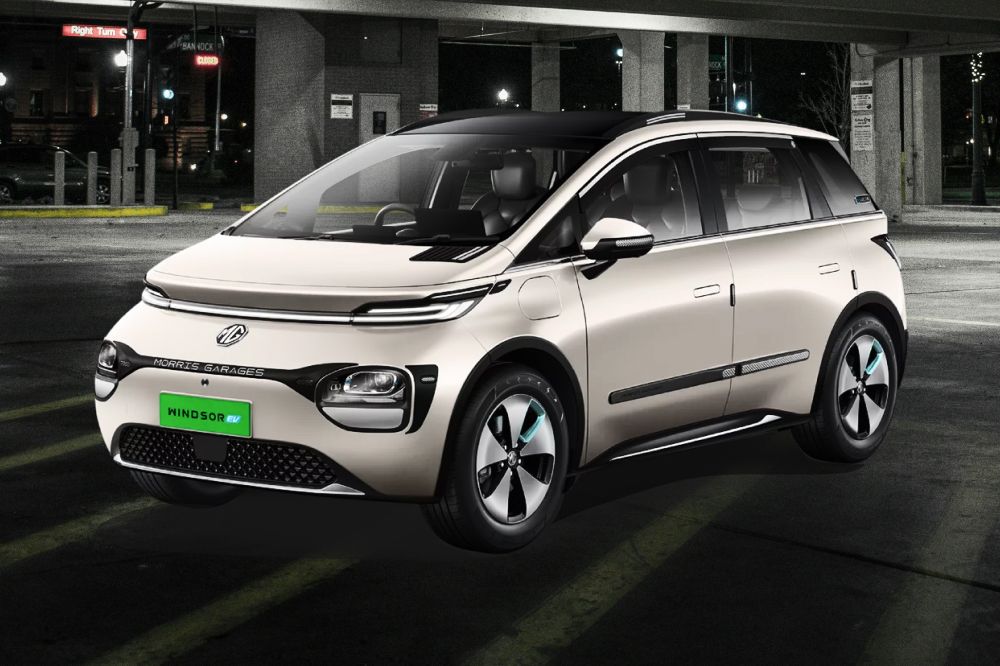E-Vitara launch alert: Will it affect MG Windsor's sales?
Published On 6/4/2025, 12:38:03 pm Author Nitesh yadavMG Windsor’s success proves Indians want affordable, practical EVs. But if eVitara delivers Maruti’s trusted DNA + EV tech, it could lure away MG’s buyers—especially those who’d rather "play safe" with a known brand. The battle for India’s EV crown is about to get spicy!

Maruti Suzuki has always been that overachieving class topper who aces every exam... except the EV test. While Tata, Mahindra, Hyundai and even MG were busy building electric dreams (and occasionally catching fire), Maruti was still in its "observing from the sidelines" phase - probably munching on samosas and philosophically wondering "Yeh log charging stations kahaan se laayenge?" The company that gave us "Kitna deti hai?" suddenly found itself asking "Kitna door jaati hai hai?"
Maruti eVitara Launch
 Maruti Suzuki's choice to enter the EV market with the eVitara in May 2025 is a masterstroke in strategic pragmatism. Here’s why this segment works best for them:
Maruti Suzuki's choice to enter the EV market with the eVitara in May 2025 is a masterstroke in strategic pragmatism. Here’s why this segment works best for them:
1. The "Safe Bet" Segment Compact SUVs are India’s goldilocks zone—not too big, not too small, just right for urban families. By electrifying the Vitara (a proven petrol/diesel seller), Maruti avoids the risk of experimenting with unfamiliar body styles. It’s playing to its existing fanbase while luring EV-curious buyers.
2. Infrastructure Reality Check Maruti’s earlier EV skepticism ("Where will people charge?") wasn’t entirely wrong. Maruti waited for the infrastructre to develop. Jio, Statiq and multiple other charging stations are being built across India.
3. Rivals Have Done the Hard Work Tata (Nexon EV) and MG (ZS EV) already educated the market on compact electric SUVs. Maruti isn’t pioneering—it’s perfecting, leveraging its mass-market trust to say: "See? EVs can be reliable AND Maruti-approved."
4. Hybrid Holdouts Finally Have an Option Many Maruti loyalists stuck with hybrids (like the Grand Vitara Strong Hybrid) fearing EV uncertainties. The eVitara gives them a zero-emission upgrade path without leaving the brand.
Pricing of eVitara
Maruti’s scale means it could undercut rivals (think: ₹17–22 lakh range). For context:
Tata Nexon EV: ₹18–20 lakh
MG ZS EV: ₹25 lakh+
If Maruti prices aggressively, it’s game over.
Will it affect MG Windsor?
 The MG Windsor EV has been a runaway success, selling 5,500 units in March 2025 alone and crossing 15,000 cumulative sales within months of launch . It is the best selling EV in India as of now.
The MG Windsor EV has been a runaway success, selling 5,500 units in March 2025 alone and crossing 15,000 cumulative sales within months of launch . It is the best selling EV in India as of now.
But now, Maruti Suzuki’s eVitara is gearing up for launch—and it could seriously dent Windsor’s dominance. Here’s why:
MG Windsor’s appeal: Priced ₹13.99–15.99 lakh (full ownership), it’s cheaper than Tata Nexon EV (₹18–20 lakh) and Hyundai Creta EV (₹22–25 lakh).
But Maruti’s trump card: If eVitara launches around ₹17–22 lakh (expected), it won’t just compete—it could undercut Windsor in perceived value.
Indians trust Maruti for low maintenance, reliability, and resale value—something even MG’s strong sales can’t yet match.
Can eVitara Topple Windsor's Sales?
Yes, if:
Pricing is aggressive (under ₹20 lakh).
Range is competitive (350+ km).
Maruti markets EV reliability as strongly as its petrol cars.
No, if:
- eVitara’s real-world range disappoints.
















